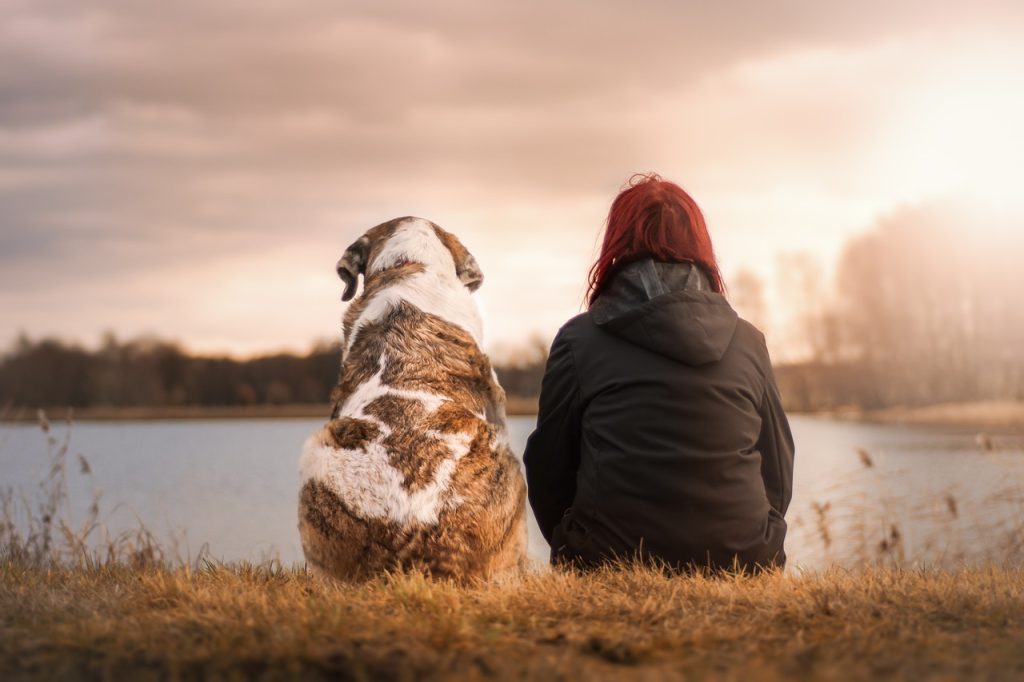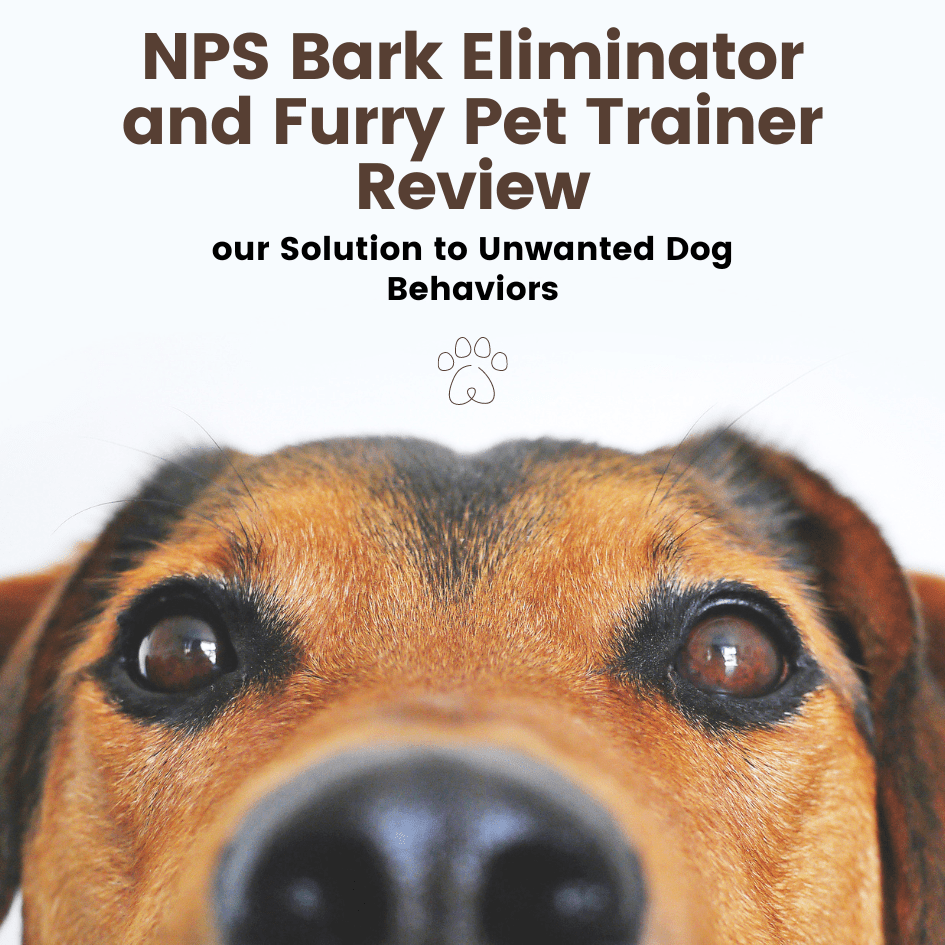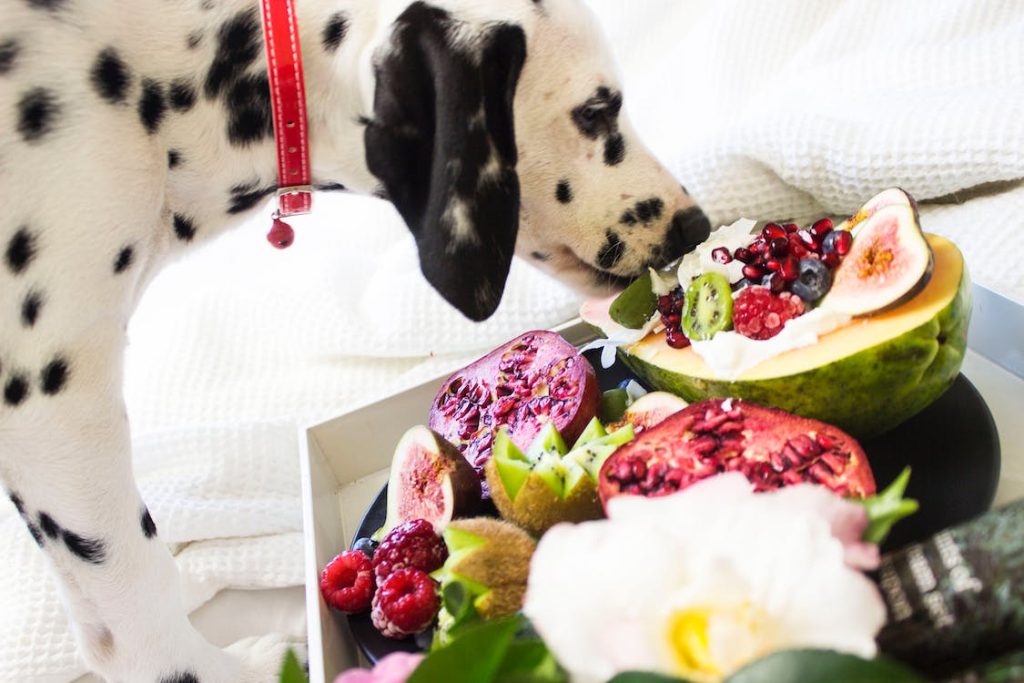Dogs are affectionate animals, and licking is a way of showing their love and care. However, when it comes to licking pus, it can be a serious concern for pet owners. In this blog post, we’ll explore why dogs lick pus, the potential risks, and what to do about it.
Why Do Dogs Lick Pus? – The Role of Licking in Dogs’ Behavior, Reasons, and Identification
Dogs are natural lickers, and they use their tongue to explore their environment, communicate, and show affection. However, sometimes dogs can start to lick something that’s not quite so pleasant – pus. In this article, we will explore the reasons why dogs may be attracted to pus, what role licking plays in their behavior, and how to identify if your dog is licking pus.
- The role of licking in dogs’ behavior – Licking is a natural behavior for dogs, and they use it to explore the world around them. It’s also a way for dogs to communicate with their owners and other dogs, shows affection, and calm themselves down when they’re feeling anxious.
- The reasons why dogs may be attracted to pus – Pus is a natural part of the body’s healing process, but it’s not something that dogs should be licking. However, dogs may be attracted to the taste or smell of pus, which can lead to excessive licking. Other reasons why dogs may be attracted to pus include boredom, stress, anxiety, or even an underlying medical condition.
- How to identify if your dog is licking pus – If your dog is licking a wound or an area that has pus, it’s important to take action to prevent further harm. Look for signs of excessive lickings, such as bald patches on the skin, redness, or inflammation. Also, monitor your dog’s behavior, and watch for any signs of discomfort or pain.
Risks of dog-licking pus
Dogs are naturally curious and have a strong urge to explore their environment through their senses, including their sense of taste. Unfortunately, this behavior can sometimes lead to them licking pus, which can pose serious health risks to both the dog and their human family members. In this article, we’ll explore the potential health risks associated with dog-licking pus, as well as ways to protect yourself and your furry friend.
Potential Health Risks for Dogs
Licking pus can cause a range of health problems for dogs. One of the most common risks associated with this behavior is the transmission of bacteria that can cause infections. Dogs that lick pus from wounds or abscesses on their own bodies or from other animals can introduce harmful bacteria into their mouths, which can then spread to other parts of their bodies or be transmitted to other animals or humans.
Dogs that frequently lick pus from wounds may also develop skin irritations, infections, and inflammation in and around the mouth. Additionally, dogs that lick pus may ingest harmful substances, such as medications or other chemicals that may have been applied to the wound.
Potential Health Risks for Humans
In addition to posing risks to dogs, the act of dog licking pus can also pose health risks to humans. The bacteria that dogs can pick up from licking pus can be transmitted to humans through contact with their dog’s saliva or by coming into direct contact with the wound or pus itself. Some of the most common infections that can be transmitted from dogs to humans include Staphylococcus aureus, Pasteurella multocida, and MRSA (methicillin-resistant Staphylococcus aureus).
Protecting Yourself and Your Dog
There are several steps that pet owners can take to reduce the risks associated with dog licking pus. First and foremost, it is important to keep your dog’s wounds clean and dry, and to prevent them from licking or scratching at the wound. This may involve the use of a cone or other protective device to keep your dog from accessing the wound.
Additionally, it is important to practice good hygiene when interacting with your dog, particularly if they have an open wound or are prone to licking pus. This may involve washing your hands frequently, avoiding close contact with your dog’s wound or pus, and wearing protective gloves or clothing when handling or cleaning up after your dog.
If you notice that your dog is frequently licking pus, it is important to seek veterinary care as soon as possible. Your vet can assess the wound and provide treatment to prevent the spread of infection and to manage any related health concerns. With the right care and precautions, you can help keep your dog and your family safe and healthy.
What to do if your dog is licking pus
If you suspect that your dog has been licking pus, it’s important to take action right away to prevent any potential health risks. Here are some steps to take if your dog is licking pus:
- Properly clean the affected area: If you notice that your dog is licking pus, it’s important to clean the affected area right away. Use warm water and mild soap to gently clean the area around the wound. Avoid using harsh chemicals or hydrogen peroxide, as these can be harmful to your dog’s skin and delay the healing process.
- Monitor your dog for signs of illness: If your dog has been licking pus, it’s important to monitor them for any signs of illness. Look out for symptoms such as fever, lethargy, loss of appetite, and vomiting, which may indicate that your dog has an infection.
- Seek veterinary care: If you notice any signs of illness in your dog, or if the wound is not healing properly, it’s important to seek veterinary care. Your vet may prescribe antibiotics or other medications to help treat the infection and prevent it from spreading. In severe cases, your dog may need surgery to remove the affected tissue.
- Protect yourself and others: Remember that certain infections can be transmitted from dogs to humans, so it’s important to take precautions to protect yourself and others. Wash your hands thoroughly after handling your dog, especially if you’ve been cleaning their wound or handling any pus. If you have young children, make sure they understand the importance of hand-washing and avoid letting them touch the affected area.
By taking these steps, you can help protect your dog’s health and prevent any potential health risks associated with licking pus. Remember that prevention is always the best approach, so make sure to keep your dog’s wounds clean and properly bandaged to help prevent infection. If you’re ever in doubt, don’t hesitate to seek veterinary care to ensure your dog gets the proper treatment they need.
Preventing dogs from licking pus
If your dog has a wound that is producing pus, it’s important to keep them from licking the affected area. Licking can introduce bacteria from the mouth into the wound, causing infections and other health issues. Fortunately, there are steps you can take to prevent your dog from licking pus and promote healing.
- Keep wounds clean and dry The first step to preventing your dog from licking pus is to keep the affected area clean and dry. Use a clean, damp cloth to gently wipe away any pus or debris from the wound. Then pat the area dry with a clean towel. If the wound is large or deep, it’s best to seek veterinary care.
- Train your dog not to lick or chew on wounds Training your dog not to lick or chew on wounds is important in preventing further health issues. One method is to distract your dog with a toy or treat when you see them attempting to lick the wound. Positive reinforcement, such as giving your dog praise or a treat when they leave the wound alone, can also be effective.
- Use deterrents and protective gear There are several products available that can help prevent dogs from licking wounds. Elizabethan collars, also known as e-collars or cones, are commonly used to prevent dogs from reaching the wound. They come in a range of sizes and can be found at most pet stores. There are also topical deterrents that can be applied to the wound to discourage licking. Bitter-tasting sprays and ointments are a popular choice and can be found online or in pet stores.
Remember, prevention is key when it comes to keeping your dog healthy. By keeping wounds clean and dry, training your dog not to lick or chew on wounds, and using deterrents and protective gear, you can help promote healing and prevent further health issues. If your dog is showing signs of illness, such as fever or lethargy, or if the wound is not healing properly, seek veterinary care immediately.
Conclusion: Dog licking pus may seem like a harmless behavior, but it can pose a serious risk to both the dog and the owner. It’s essential to be aware of the potential risks, take the necessary steps to prevent the behavior, and seek professional help when needed.







